Nominations Now Open for 2020 Internet Society Board of Trustees Elections

The Internet Society Nominations Committee is now inviting nominations for candidates to serve on the Board of Trustees.
The Board provides strategic direction, inspiration, and oversight to advance the Internet Society’s mission of preserving the open, globally-connected, trustworthy and secure Internet for everyone.
In 2020 Chapters will elect two (2) Trustees; Organization Members will elect one (1) Trustee; and the IETF will appoint one (1) Trustee. The term of office is 3 years, beginning in August 2020 and ending mid-year 2023.
The Internet Society is a global non-profit organization that champions the open Internet for everyone. With offices in Washington, DC, USA and Geneva, Switzerland, as well as regional bureaus throughout the world, it is dedicated to ensuring the open development, evolution, and use of the Internet for the benefit of people globally. ISOC is also the organizational home of the Internet Engineering Task Force (IETF) and other Internet-related bodies who together play a critical role in ensuring that the Internet develops in a stable and open manner. ISOC has more than 100 Organization Members, over 130 Chapters and Special Interest Groups, and more than 60,000 individual members that play a role in driving the mission and work of the Continue reading
What to Look for When Choosing a VPN

We welcome this guest post from Top10VPN.com, an Organization Member of the Internet Society.
The search for online privacy has driven a quarter of the world’s Internet users to download a Virtual Private Network (VPN). VPN services are now an important tool for anyone concerned about security and privacy on public networks.
There’s a world of difference between VPNs, though. Without clear and unbiased information many users are forced to navigate their choice of VPN without much clarity.
Why is choosing the right VPN provider so important?
Whenever you switch on a VPN you are entrusting its provider with your personal data, browsing activity, and sometimes even your security. For this reason, VPN providers must be held to a higher standard than most products. It’s important you do your due diligence when making a decision.
What should I look out for?
A good VPN will ensure that no one – even the VPN itself – can see what the user is doing online. Consider the following qualities:
Technical Security
The most secure VPN services will be transparent about the measures they have in place to safeguard their users and their business.
Any VPN worth its salt will offer Continue reading
Securing the Internet: Introducing Oracle Internet Intelligence IXP Filter Check
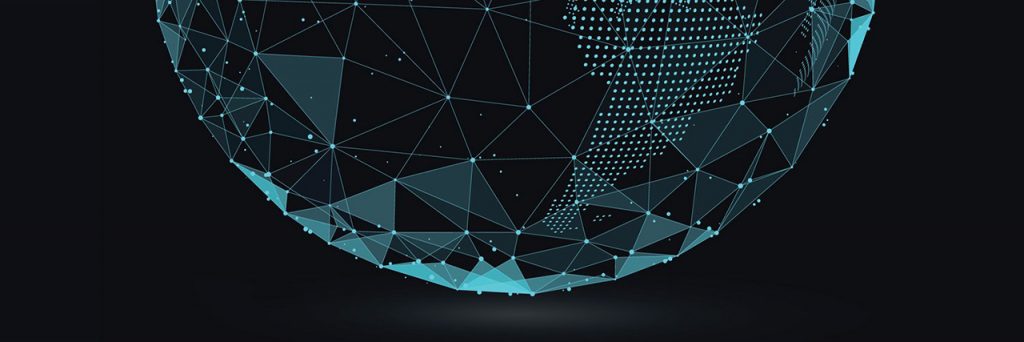
Oracle is an Organization Member of the Internet Society. We welcome this guest post announcing a new tool that complements our work to improve the security of the Internet’s routing infrastructure.
We are proud to announce the launch of the IXP Filter Check, which is designed to improve Internet routing security by monitoring route filtering at Internet Exchange Points (IXPs). Here we describe the origin of this project, how it works, and what it hopes to achieve.
Background
Last year, Oracle started partnering with the Internet Society to explore ways to make the Internet safer and more secure for our enterprise customers and users. Businesses – banks, insurance companies, pharmaceutical firms – as well as non-profit organizations and governments continue to turn to Internet-facing assets as key components of their critical infrastructure. Market research firm IDC estimates that 55.9 billion devices will be online by 2025. We believe it is incumbent upon us, as trusted partners and suppliers, to help make the global Internet as safe as possible.
Securing trust-based Internet routing is one such security challenge. Despite decades of research and engineering on the topic, securing Internet routing remains a notoriously difficult task. The challenge is evidenced by the fact that nearly every month there is another major story of a Continue reading
Your Day with Encryption

How often do you use encryption? It seems like the stuff of spy films, but you might be surprised to find out how often it touches your daily life.
Encryption is the process of scrambling or enciphering data, and only someone with the key can read or access it. You can use it for things like shopping online, using mobile banking, or using secure messaging apps. So while you may not be smuggling encrypted government secrets across borders, you do rely on it, along with your passwords and settings, to keep your data secure and private.
Learn about all of the ways you use encryption.
07:21
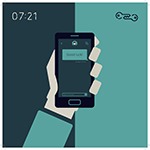
Your alarm vibrates. You reach for your phone, ready to snooze before you think better of it. You’ve got a big presentation at work and you’re going to need every minute today. There’s a message from your friend in Australia wishing you luck. How thoughtful! Even more thoughtful: your friend used an end-to-end encrypted messaging app. Sure, they saved on international phone charges, but the added security is nice too.
08:13

You’re ready to go, but before heading out, you check a news website for the traffic report. There’s a lock icon on the Continue reading
The Week in Internet News: A Fight over Community Broadband in Missouri
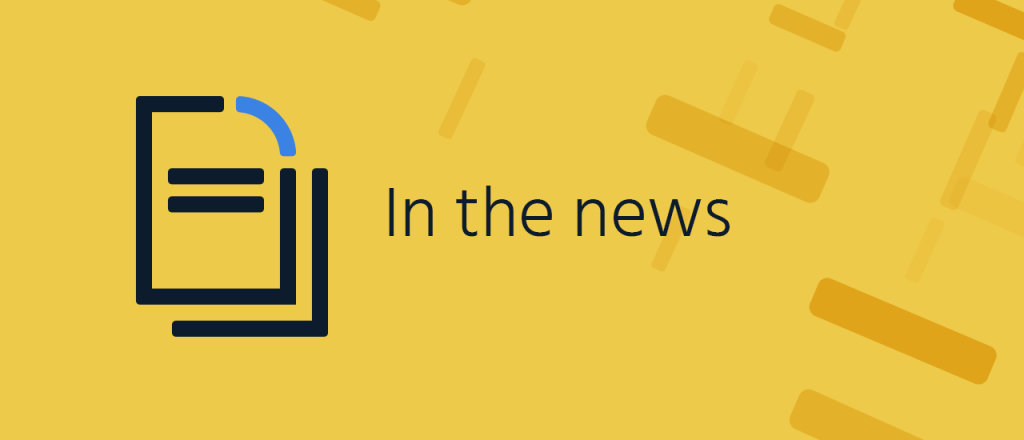
Broadband battle: Missouri law prohibits cities from launching their own broadband services, but some groups are pushing again that policy, reports The Salem News Online, a newspaper in the south central area of the state. More than half of the rural residents of the state lack broadband with download speeds of 25 Mbps. Several electric cooperatives are exploring ways to provide broadband service.
Connecting Africa: In recent years, Microsoft has focused on bringing broadband to rural areas in the U.S. through its Airband initiative, and the program, focused on providing wireless broadband through unused television spectrum, could also have great benefits for Africa, according to a column at Forbes.com. The company’s international effort aims to connect 40 million people to the Internet by 2022.
Shutdown fuels fake news: An ongoing Internet shutdown in the India-controlled region of Kashmir has created a “fake news battle” with neighboring Pakistan involved, the International Business Times says. Groups from India and Pakistan are spreading disinformation, with one side distributing old photos from Gaza as supposed evidence that Kashmir has turned into a “living hell,” and the other side spreading old photos of happy children to purportedly show that everything is great Continue reading
Meet Three APrIGF 2019 Fellows
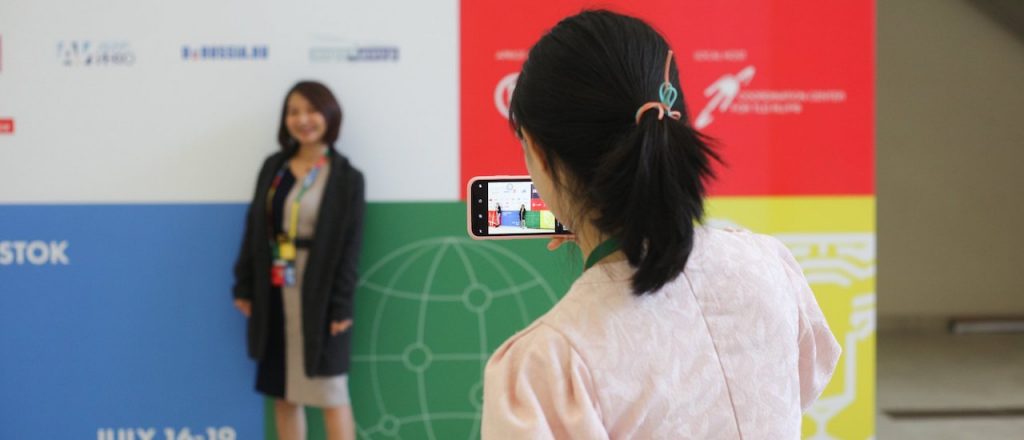
The Internet Society, APNIC, and Coordination Center for TLD .RU sponsored 20 fellows to the 10th Asia Pacific Regional Internet Governance Forum (APrIGF 2019) held in Vladivostok, Russia in July. Let’s meet three fellows from Bangladesh, Myanmar, and Singapore as they share their experience at APrIGF 2019, as well as their interests and future aspirations.
Shah Zahidur Rahman, Technology Business Consultant, Bangladesh

I completed my Bachelor’s degree in Computer Science and Engineering from the American International University-Bangladesh and have many technical course certifications. Currently, I am a technology business consultant for small- and medium-sized enterprises and startup companies. I have also been mentoring youths in the Youth4IG coalition to become further engaged in Internet Governance issues. I have been an active member of the Internet Society Bangladesh Chapter since 2014. I am also a member of the Bangladesh School of Internet Governance Programme Committee and Fellowship Committee, the Bangladesh Internet Governance Forum, and the ICANN Non-Commercial Stakeholder Group and Non-Commercial Users Constituency. Additionally, I am a former fellow of IETF, APSIG and APAN.
This year at APrIGF 2019, my main interest was in one of the six subthemes on Emerging Technologies and Society, and here are some of the key things I learned Continue reading
‘These Are Our First Roadways’: Internet Access and Self-Determination in Pu`uhonua O Waimanalo

The establishment of Pu‘uhonua o Waimānalo in 1994 was a significant milestone in the native Hawaiian movement to regain independence from the United States, which overthrew its kingdom in 1893. The United States formally acknowledged its role in the overthrow of the Kingdom of Hawaii in a law adopted by Congress in 1993 known as the Apology Resolution. A quarter of a century later, the Nation of Hawai’i is levelling up with a new effort in the push for sovereignty: community-led Internet access.
The Nation of Hawai’i is excitedly gearing up for the upcoming build and launch of Hawai’i’s first independent community broadband network in our village of Pu`uhonua O Waimanalo on the island of O’ahu.
As an early adopter of the Internet, the Nation of Hawai’i quickly recognized its potential to support sovereignty and self-determination efforts.
In 1995, the Nation of Hawai’i launched hawaii-nation.org as a way to share its history and updates about current initiatives with the world. The website housed extensive primary-source historical documents, including the constitutions and treaties of the Hawaiian Kingdom. It hoped that by providing access to lesser known parts of history, Hawaiians and supporters around the world could learn and make up Continue reading
The Week in Internet News: China and Russia Target ‘Illegal’ Content

Content crackdown: China and Russia plan to sign an agreement to crack down on what they consider “illegal” Internet content, The Register reports. It’s unclear what the agreement will cover but critics already fear the deal will enable the two countries to further crack down on free speech. China has even effectively banned cartoon character Winnie the Pooh because some people have compared the chubby bear to leader Xi Jinping.
Eyes on you: In more censorship-related news, Thailand has ordered restaurants and Internet cafes to log the Internet histories of users, Privacy News Online says. The Thai government already requires ISPs to keep a log of customers’ Internet histories for 90 days as part of the country’s Computer Crimes Act.
Poor access: Some of the U.S. states with the lowest levels of broadband access also have the highest poverty rates, notes a report from Axios. About 30 percent of low-income U.S. residents do not have access to broadband, says the story, citing a Census Bureau report.
Not so smart: A new “smart” doorbell may literally unlock a home’s doors to hackers, according to The Daily Swig. A security researcher found that the Wi-Fi connected doorbell had no authentication Continue reading
Tarek Kamel: A Loss to the Internet Community
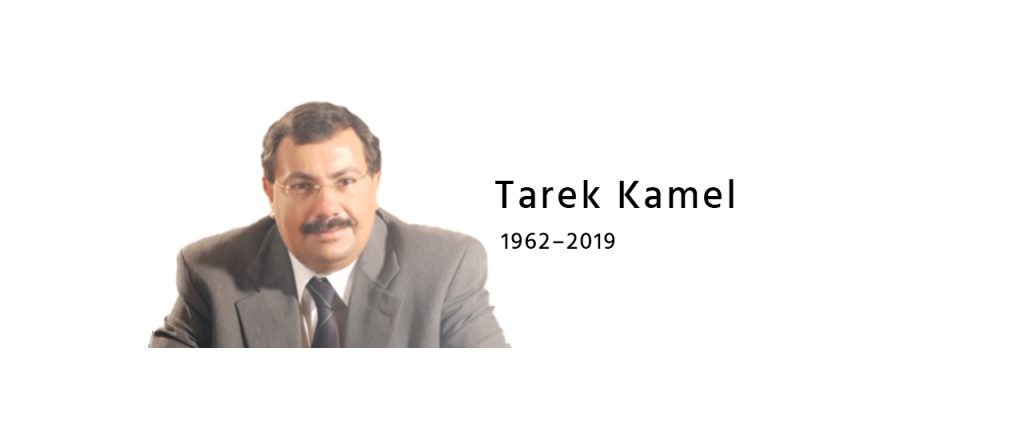
It was indeed very sad news yesterday that Tarek Kamel passed away. Despite his suffering and illness, no one expected death could be that close. Just last week I was chatting with friends in common about his persistence in planning to attend the upcoming ICANN meeting in Montreal, with permission from his doctors. That was Tarek Kamel: always forward looking and a real fighter for what he believed in.
Tarek’s death moved not only his family and friends, but a wider group, especially in the Internet community. Let me share why.
Who is He in a Nutshell?
Tarek Kamel had a Ph.D. in electrical engineering and information technology from the Technical University of Munich. From 1992 to 1999, he was the manager of Egypt’s Communications and Networking Department at the Cabinet Information and Decision Support Centre (IDSC/RITSEC). During this period, he established Egypt’s first connection to the Internet, steered the introduction of commercial Internet services in Egypt, and co-founded the Internet Society of Egypt (the Egyptian Chapter).
Kamel joined the Ministry of Communications and Information Technology at its formation in October 1999, where he was appointed senior advisor to the minister. Then he served as the minister of communications and information Continue reading
Looking the GIFCT in the Mouth

The recent meeting of the United Nations General Assembly (UNGA) was notable because of the attention it paid to the climate of the planet Earth. A different set of meetings around the UNGA was about another climate: the one of fear, anger, and violence swirling about the Internet.
It was only last March that a man (there is only one accused) shot dozens of people in a pair of attacks on Muslims at prayer. The shooter streamed the first 17 minutes of his attacks using Facebook Live. The use of an Internet service in this event, combined with general concern about how Internet services are being used for terrorism and violent extremism, resulted in the Christchurch Call.
There is some reason to be optimistic about the Christchurch Call. Rarely have governments worked so decisively or quickly, together, to take on a global social issue. At a side meeting in New York at UNGA, some 30-odd additional countries signed the Call; more than 50 countries have signed on. New Zealand has led this while insisting that governments cannot tackle the issue alone, and has tried to involve everyone – through an Advisory Network – in decisions that are bound to affect Continue reading
Remembering Tarek Kamel
We learned the sad news today that Tarek Kamel, one of the global Internet community’s best-known figures, has passed away. An accomplished engineer and statesman, Tarek was highly respected and beloved by all who knew and worked with him.
He was a firm believer in our mission and we have benefited greatly from his support for our work. He has a special place in the Internet Society’s past having founded the Egyptian Chapter of the Internet Society, served on our Board of Trustees and as vice president for chapters from 1999 to 2002, before becoming Egypt’s Minister of Communications and Information Technology from 2004 to 2011.
He made so many valuable contributions to the Internet and will be sorely missed. On behalf of the whole Internet Society, we extend our deepest condolences to his family and friends.
The post Remembering Tarek Kamel appeared first on Internet Society.
Member News: Helping Schools Get Access to Internet, Educational Materials
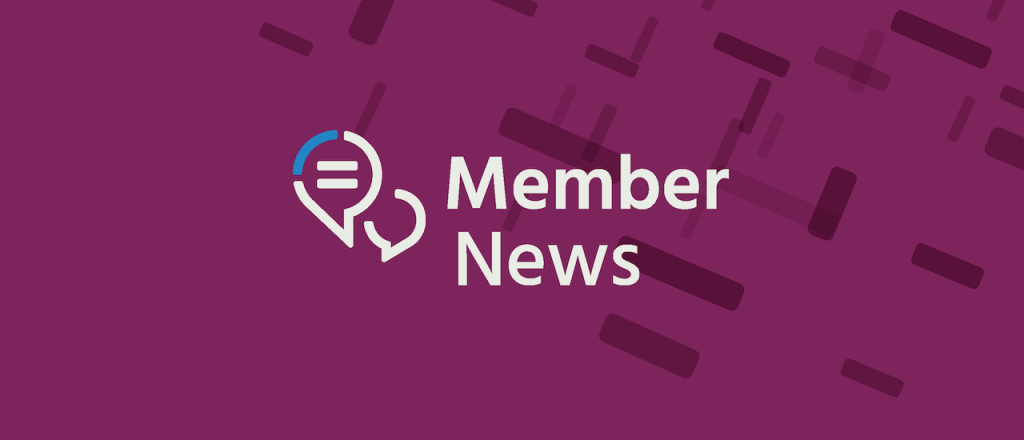
News from Internet Society Chapters and Special Interest Groups across the world:
Library in a box: This month, the Kyrgyzstan Chapter installed an electronic library called the Ilim Box in secondary schools in the southern part of Issyk-Kul region. The device allows the schools to access educational resources when they don’t have an Internet connection. All the data is stored in the device itself, with only a power supply needed.
Refresher course: Earlier this year, the Paraguay Chapter helped set up improved Internet access and an electronics lab at Colegio Técnico Nacional, a secondary school in Asunción. The equipment at the 1,500-student technical school had become obsolete, and many classrooms lacked an Internet connection and modern computers.
Student governance: Sticking with our focus on education, the Benin Chapter hosted students from the National Institute of Technical and Industrial Sciences of Lokossa earlier this year to talk about Internet Governance issues. Chapter members talked to the students about ways to take care of the Internet and how to pay attention to its development.
Internet for everyone: The Israel Chapter is focused on ways to bring access to more Arab residents. “The Israeli Internet Association sees a narrowing of the digital Continue reading
Islamabad Chapter Brings First Internet Governance Event to Quetta, Pakistan
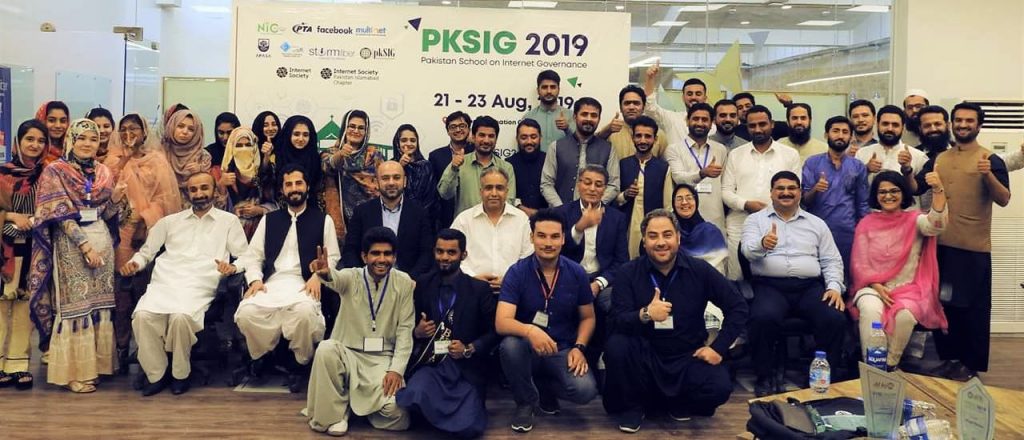
The 5th Pakistan School on Internet Governance (pkSIG 2019) was successfully held last month in Quetta, Pakistan. This represents a significant achievement for the Internet Society Pakistan Islamabad Chapter as it played an instrumental role in bringing the first-ever Internet Governance event to the provincial capital of Balochistan.
For those who may not know, Balochistan has the largest land area among the four provinces of Pakistan, yet it is the least populated and least developed. Only 27% of its population lives in urban areas and Internet penetration is low. Finding adequate sponsors, and more importantly, diversity among the students to participate was a critical concern. But, pkSIG 2019 in Quetta proved to be one of the best editions of this school.
Over 60 people (one-third of them female) registered for the event, including students, professionals, startup founders, speakers, and some guests who showed keen interest in the program. Following a four-week long process of registration and shortlisting, 35 students were selected for pkSIG 2019 and five were awarded fellowships. Since all the sessions were livestreamed, a sizeable audience participated online as well. (The sessions and presentations are available online.)
“It’s our fifth consecutive year conducting pkSIG – Continue reading
Announcing the 2020 U.S. Presidential Campaign Audit

Today, the Internet Society’s Online Trust Alliance released a new report, the “2020 U.S. Presidential Campaign Audit,” analyzing the 23 top current presidential campaigns and their commitment to email/domain protection, website security, and responsible privacy practices. OTA evaluated the campaigns using the same methodology we used to assess nearly 1,200 organizations in the main Online Trust Audit released in April.
An alarming 70% of the campaign websites reviewed in the audit failed to meet OTA’s privacy and security standards, potentially exposing visitors to unnecessary risks. Only seven (30%) of the analyzed campaigns made the Honor Roll, a designation recognizing campaigns that displayed a commitment to using best practices to safeguard visitor information. The 2020 campaigns, taken together as a sector, lagged behind the Honor Roll average of all other sectors (70%) in the 2018 Online Trust Audit, and were far short of the Honor Roll achievement of 91% by U.S. federal government organizations.
To qualify for the Honor Roll, campaigns must have an overall score of 80% or higher, with no failure in any of the three categories examined. The campaigns who made the Honor Roll are:
- Pete Buttigieg
- Kamala Harris
- Amy Klobuchar
- Beto O’Rourke
- Bernie Continue reading
The Week in Internet News: Governments Pressure Facebook to Halt Encryption Plans
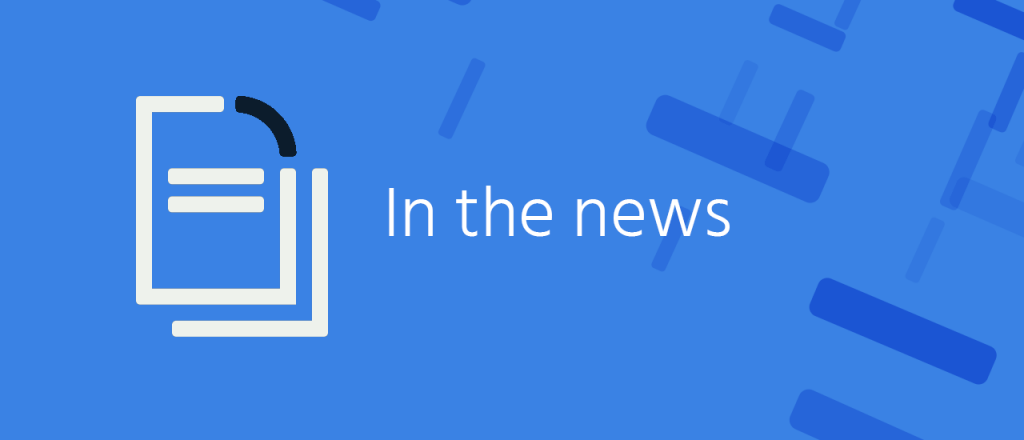
Anti-encryption demands: Government officials from the U.S., U.K., and Australia have asked Facebook to put a hold on its plans to expand encryption on services like Messenger, CNet reports. “We are writing to request that Facebook does not proceed with its plan to implement end-to-end encryption across its messaging services without ensuring that there is no reduction to user safety and without including a means for lawful access to the content of communications to protect our citizens,” says a letter signed by U.S. Attorney General William Barr and other officials.
This law is not fake: A new fake news law in Singapore has taken effect, SPDP Radio says. The law includes penalties of up to US $60,000 and 10 years in prison for people found guilty of spreading what the government considers to be fake news. Web sites could face fines of more than $720,000 for not taking down so-called fake news after being ordered to do so. Free speech advocates have major problems with the law, as you might expect.
The lines are cut: Internet access in most of Iraq was shut down after violent protest in the country, CNet says. Some people were Continue reading
Network Operators in Latin America and the Caribbean Take Steps to Strengthen Routing Security

2019 has been a very good year for the Internet in Latin America and the Caribbean. In May, during the 31st meeting of LACNIC, several operators pledged to take steps to make routing security, and the Internet itself, stronger. They joined the MANRS initiative, which includes four simple and concrete steps to improve the Internet’s security and reliability. In August, NIC Mexico convened the second meeting of network operators in the country, during which routing security stood out as one of the main issues on the agenda.
The Internet Society also made progress on collaboration with National Research and Education Networks (NRENs) and higher education institutions. During the TICAL 2019 meeting, we offered a workshop on MANRS in collaboration with RedClara, LACNIC, the University of Guadalajara, ANUIES, and the Autonomous University of Yucatán. This workshop was part of a series of virtual sessions started in April, which ended on October 2 during the ANUIES-TIC meeting with a long-term practical workshop.
As we head to the final stretch of the year, the 32nd meeting of LACNIC will be a new opportunity to work with network operators to improve the security of the Internet. From Panama we will advise anyone interested in Continue reading
Celebrating National Cybersecurity Awareness Month

Every October, we mark National Cybersecurity Awareness Month. From the U.S. Department of Homeland Security website, “Held every October, National Cybersecurity Awareness Month (NCSAM) is a collaborative effort between government and industry to raise awareness about the importance of cybersecurity and to ensure that all Americans have the resources they need to be safer and more secure online.”
We believe in an Internet that is open, globally connected, secure, and trustworthy. Our work includes improving the security posture of producers of Internet of Things (IoT) devices, ensuring encryption is available for everyone and is deployed as the default, working on time security, routing security through the MANRS initiative, and fostering collaborative security.
The Online Trust Alliance’s IoT Trust Framework identifies the core requirements manufacturers, service providers, distributors/purchasers, and policymakers need to understand, assess, and embrace for effective security and privacy as part of the Internet of Things. Also check out our Get IoT Smart pages for get more consumer-friendly advice on IoT devices.
Much of OTA’s work culminates in the Online Trust Audit & Honor Roll, which recognizes excellence in online consumer protection, data security, and responsible privacy practices. Since that report’s release in April Continue reading
The Week in Internet News: The New Internet Space Race
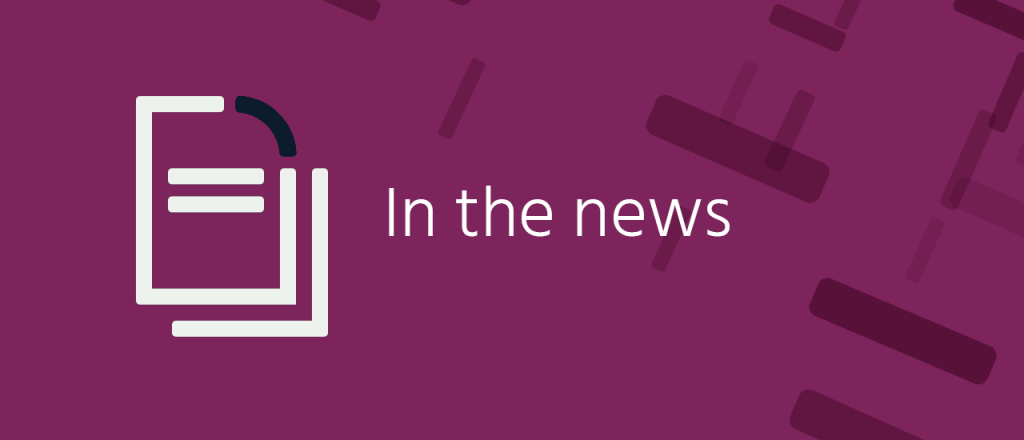
Broadband in space: The Associated Press, via the New York Post, has a story on the new space race involving Amazon, SpaceX, and other companies. The competition is to be first to deploy new satellite networks to provide broadband service to all corners of the Earth. Still, there are some questions about these low-Earth orbit satellites, with the multi-billion-dollar cost of deployment being the biggest concern.
Secure by algorithm: Researchers at Princeton University have developed algorithms that they say can prevent hacker attacks on power grids, DownToEarth reports. The new algorithms target power spikes that could be driven by IoT-based attacks. One algorithm would prevent connections overloading by balancing power, and the other would help grids restore their functionality after an attack.
Please help: A column at ZDNet asks network operators to using existing tools to fix security problems with the Border Gateway Protocol, which routers use to tell each other the best way to route traffic. The BGP standard includes Route Origin Authorizations (ROAs) to confirm the accuracy of routing messages, but those tools aren’t as widely deployed as they could be, the column suggests.
Lost jobs: A nearly two-month Internet shutdown in the India-controlled Kashmir region Continue reading
The Role of South Asia’s NOGs in Community Building
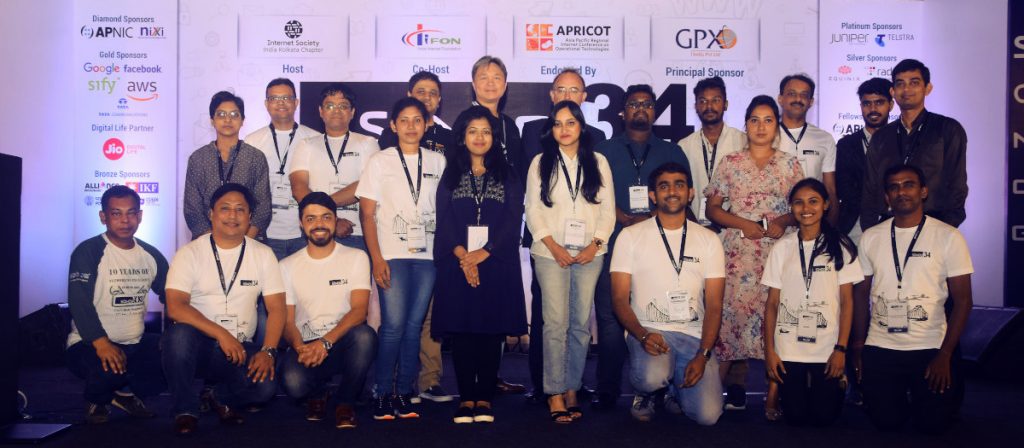
At the recently concluded 34th South Asia Network Operators Group (SANOG 34), it was interesting not only to hear about the evolution of digital infrastructure, technology, and the economy in South Asia, including the opportunities it presents to network operators, but also to hear how community-led national Network Operating Groups (NOGs) in South Asia are working to build technical community knowledge, capacity, and engagement in their respective economies.
SANOG, which was set up as a sub-regional, community-led initiative in 2003, has played a significant role in bringing operators from the region together for knowledge sharing and cooperation. It is a biannual event, rotated among economies for maximum reach and participation.
While the NOGs of developed economies in the Asia Pacific began forming in the late 1990s, the NOGs in South Asia are quite recent: Bangladesh (bdNOG) and Bhutan (btNOG) were set up in 2014; Nepal (npNOG) in 2016; Sri Lanka (LKNOG) in 2017; and India (INNOG) in 2017.
The objectives of these NOGs are to encourage knowledge sharing within their respective economies and discuss global and regional technical developments, while addressing local requirements and issues. This, in turn, helps members Continue reading
Deep Dive: How Do Banks Score on Privacy and Security?

In April 2019 the Internet Society’s Online Trust Alliance published its 10th annual Online Trust Audit & Honor Roll assessing the security and privacy of 1,200 top organizations. The Banking sector includes the top 100 banks in the U.S., based on assets according to the Federal Deposit Insurance Corporation (FDIC). Banks had a standout year, with a dramatic increase in scores across the board. Let’s take a closer look.
Overall, 73% of banks made the Honor Roll, putting the banking sector 4th behind the News and Media (78%), Consumer Services (85%), and the U.S. Federal Government (91%) sectors. In the previous Audit, only 27% made the grade. This large jump is due to improvements in all three scoring categories: email authentication, site security, and privacy.
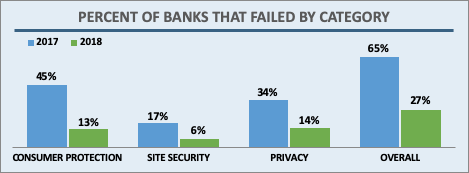
Banks, like most sectors, came close to 100% adoption in the two main email security technologies studied in the Audit: SPF (93%) and DKIM (87%). In addition, banks saw a marked improvement in how many sites implemented both both technologies at 87% in 2018, up from 60% in 2017. This puts banks among the most improved sectors in this area.
DMARC builds on SPF and DKIM results, provides a means for Continue reading